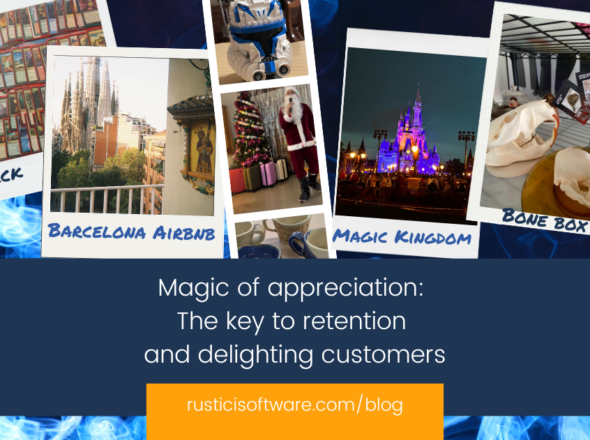Let’s face it. Most of us have had a negative experience when it comes to purchasing something, and in most cases it’s the sales process that’s the culprit. Maybe it’s a high pressure sales person that imposes their timeframes on you, or the barrage of emails in your inbox for simply filling out an online form to ask a question. Traditional sales models often set us up for encountering sales people that may be more driven by hitting their number than building the right solution for you. We take a different approach to sales, in large part to avoid these very turn offs.
We consider sales to be a craft.
Our sales team is driven, and we’re always working on how we sell things. The team shares the load, and we’re always finding ways to communicate more efficiently, in ways that create the ideal outcome for our clients. Rather than focusing on activity, our sales professionals work on creating moments that make it easier to find the best path towards the ideal outcome. We’re also more technical than your average sales team. We navigate complicated technical problems every day and work closely with our developers to learn every day. When we focus on improving our work, everyone wins.
We don’t set activity targets for our sales team.
We expect the people that work here, regardless of their role, to manage their time to get their job done. Setting targets for the number of outbound calls or emails you must make each day or week seems counterintuitive to us. We do expect our sales people to be helpful and quick. That means answering questions with a thorough response- in most cases within 24 hours. We spend most of our time answering questions that come in that run the gamut from “what is SCORM?” to more specific questions about how to design and integrate learning technology products and tools. These conversations often develop into more calls and demos. In some cases, this eventually leads to a sale when we both discover that we have a technical solution to the specific problem. Sure, we want to keep the conversation going and offer helpful resources throughout the sales process. But we aren’t going to overwhelm you with follow-up calls or emails to simply check a box.
We follow your lead. Our goal is to match pace and style.
Our sales team doesn’t have quotas. We don’t have a set number of sales that have to happen in a given month or quarter. Sure, we have targets for the number of new sales we expect in a year- we have a budget to hit. But we don’t hold fast to a hard number of deals that must close each month come hell or high water. Our sales conversations go at different speeds and we match the pace our prospects and customers set. We simply take the approach that if we have the right technical solution for you, you’ll license our software when it makes the most sense for you. If that takes 4 weeks or 2 years, we’ll go when you’re ready. Holding out to sign a deal with us at the end of a month or quarter doesn’t mean a discount. It also means that we aren’t going to chase you to close a sale just because it’s the last day of the month.
We don’t pay commissions.
This might sound pretty radical to some but it’s simply a reflection of how we approach our business overall. Everyone here contributes to a sale. From our marketing team that helps people find us, to our delight team who spends time fielding questions and setting up POCs to the developers who design and build our software, everyone is responsible for a new sale. So why would a sales person get compensated differently? Instead, we all share in our success with annual bonuses.
You get what you measure and most of the time tracking and incentivizing on traditional sales metrics doesn’t always produce the best long-term results for everyone. Instead, we expect people here that sell our software to do their job, which is to help connect prospects with the right technical solution. Sometimes we don’t have the right fit and removing the pressures of hitting quotas protects us and our prospects from closing a sale that never should have happened just to meet a monthly sales goal. And building larger deals than necessary to increase a commission just isn’t our style.
If our style matches yours and you’re looking for eLearning standards support, we’re happy to help. If you’re on the lookout for your next career move and this approach to sales resonates with you, check out our open positions.


